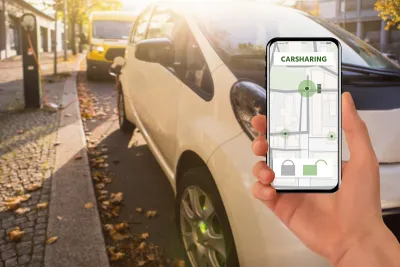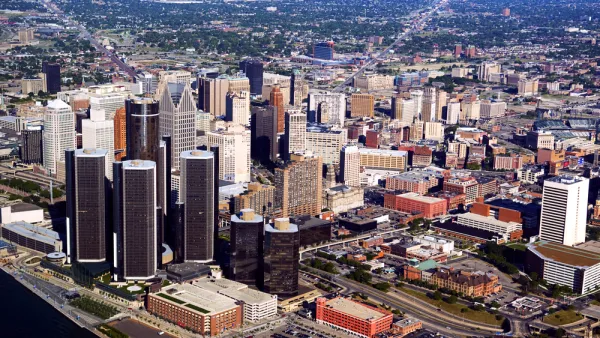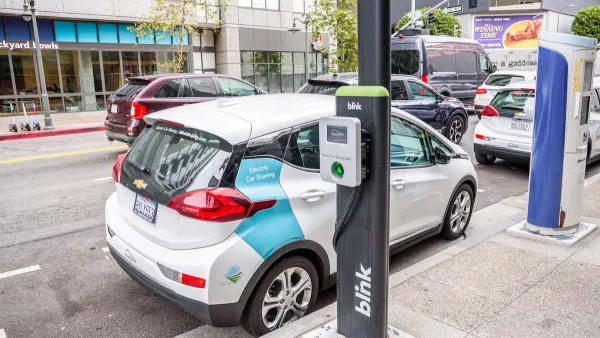The model comes with high costs that make it unsustainable without subsidies.

Writing in Next City, Nithin Coca attempts to suss out why car-sharing companies keep going out of business: largely, their for-profit model, which doesn’t lend itself to the type of service coverage they would need to provide.
According to Coca, “For-profit car-sharing models have a fundamental challenge: They need to set prices high enough to at least break even. Often, that means prices are too high for those in low-income communities, who tend to have less access to cars and public transportation in general.” For this reason, companies have stuck largely to more well-off neighborhoods where residents are already more likely to own cars.
One new California car-sharing service, Míocar, operates in low-income areas supported by a grant from the California Air Resources Board. “It’s also seeing high utilization rates, with cars sometimes booked months in advance.” However, Caroline Jane Rodier, Associate Director of the Urban Land Use and Transportation Center at the University of California, Davis, warns that “Without subsidies, it’s not going to work.”
If successful, Míocar “could point towards a new non-profit model for car-sharing, where the focus is on equity, access and climate benefits from reduced emissions and fossil fuel consumption.”
Coca points out that ‘free-flowing’ car-sharing systems are thriving in other countries, perhaps signaling a stronger demand in places where car ownership is itself more expensive.
FULL STORY: Another Car-Sharing Startup Is Dead. Why Is Car Sharing So Difficult?

National Parks Layoffs Will Cause Communities to Lose Billions
Thousands of essential park workers were laid off this week, just before the busy spring break season.

Retro-silient?: America’s First “Eco-burb,” The Woodlands Turns 50
A master-planned community north of Houston offers lessons on green infrastructure and resilient design, but falls short of its founder’s lofty affordability and walkability goals.

Delivering for America Plan Will Downgrade Mail Service in at Least 49.5 Percent of Zip Codes
Republican and Democrat lawmakers criticize the plan for its disproportionate negative impact on rural communities.

Test News Post 1
This is a summary

Test News Headline 46
Test for the image on the front page.

Balancing Bombs and Butterflies: How the National Guard Protects a Rare Species
The National Guard at Fort Indiantown Gap uses GIS technology and land management strategies to balance military training with conservation efforts, ensuring the survival of the rare eastern regal fritillary butterfly.
Urban Design for Planners 1: Software Tools
This six-course series explores essential urban design concepts using open source software and equips planners with the tools they need to participate fully in the urban design process.
Planning for Universal Design
Learn the tools for implementing Universal Design in planning regulations.
EMC Planning Group, Inc.
Planetizen
Planetizen
Mpact (formerly Rail~Volution)
Great Falls Development Authority, Inc.
HUDs Office of Policy Development and Research
NYU Wagner Graduate School of Public Service





























